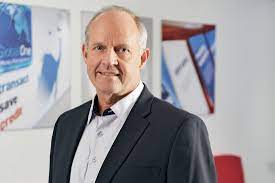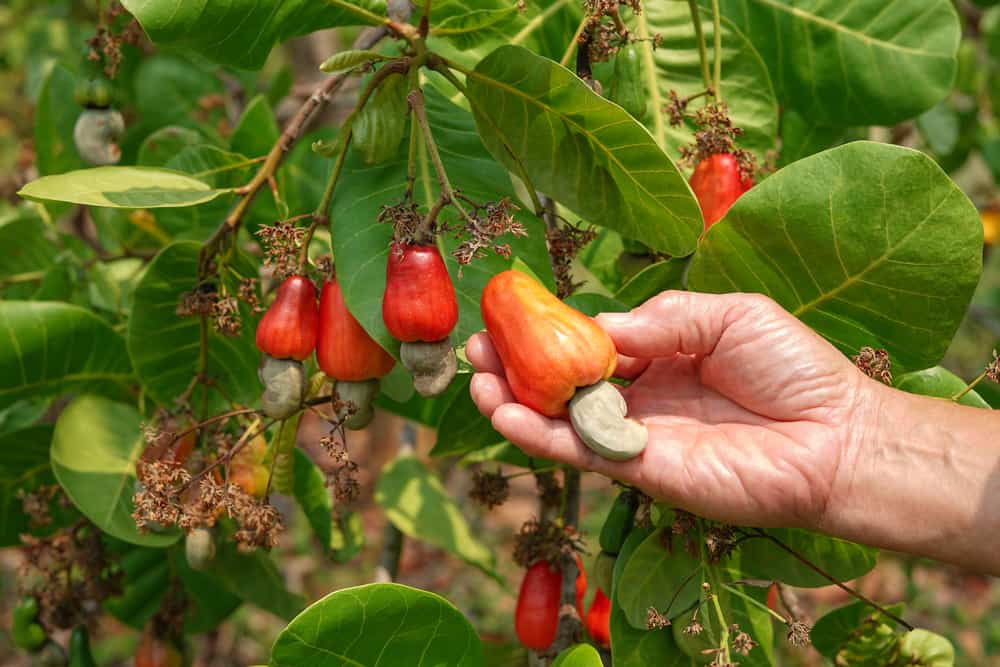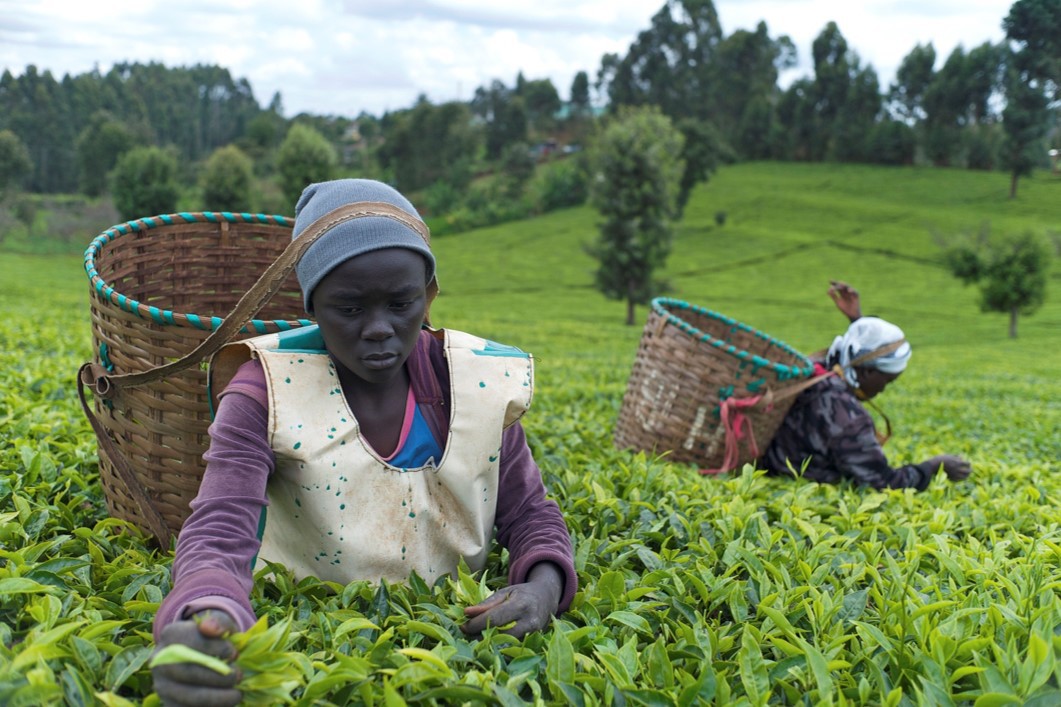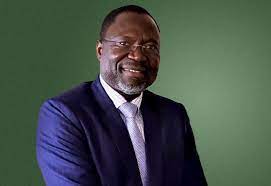How an Income Share Agreement Can Improve Access to Quality Education for Sub-Saharan Africa
By Batya Blankers
Tertiary education has long been positively associated with economic development. While definitions and contexts can vary, tertiary education generally refers to any formal skills development beyond high school or secondary school. This can range from bachelor’s degrees and diploma programs to bootcamps and short term certificate courses. In Sub-Saharan Africa, it’s no surprise that the demand for tertiary education continues to grow, as countries in this region realize they must prepare their young workforce to exhibit skills that can catalyze economic growth as a means of remaining competitive in today’s globalized world.
While this growth in demand is good news for the continent, it outstrips the current supply of quality tertiary education. This imbalance has been fueled by the increase in access to education at the primary and junior secondary school level. Although the gross enrollment ratio for tertiary education grew at an average annual rate of 1.5 percent higher than the global annual average between 1970 and 2013, the region continues to demonstrate the lowest participation rate in tertiary education in the world.

Currently, only 9% of African youth have access to tertiary education, and 54% of African employers state that job seekers lack the skills that match industry needs. By 2050, nearly 50% of jobs will be replaced by technology and new jobs will demand different and higher-level skill sets. There is therefore an urgent need to align outcomes between skills development and the labor market, and to ensure that all youth have a pathway to meaningful participation in socio-economic development.
Read also : Visa Makes Huge Investment in South Africa’s Financial Education
One of the key factors affecting access to tertiary education programs is financing. Traditional student loans, scholarships and grants, while helpful, have not been entirely effective or efficient at tackling the issue of limited access to a critical mass that can make a real difference to a country’s economic growth prospects. Although scholarships and government student loans don’t require collateral, budgets are often insufficient to meet more than 30% of demand. Bank loans require collateral and interest payments during the period of education, which makes them inaccessible to most, especially women.
Income Share Agreements (ISAs) are a refreshing approach to funding for tertiary education on the continent. ISAs center on the concept of equity investments in an individual which allows investors to buy ‘shares’ in their future earnings while contributing to social value through sustainable empowerment. Students receive interest-free funds to cover their tuition fees on condition that they agree to pay the lender a specified fraction of their future earnings. By grouping these investments in individuals, lenders are able to offset risks as returns from higher earners hedge the potential losses from lower earners.
A unique selling point of ISAs is that they can be very student centric in three major ways. At its core, an ISA is an unsecured loan, so youth from marginalised communities don’t need to provide collateral when accessing it. The model assesses an individual’s future potential income instead of their current financial standing and assets. Secondly, students only make repayments when they are earning above a minimum income threshold, so there is no risk to students becoming over-indebted. Payments are always a fixed percentage of the students relevant income. Lastly, they are flexible and allow for pauses – for example if someone is between periods of employment, pursuing a higher degree or on unpaid maternity leave.
Read also : Binance Brings Crypto Futures Trading Back in South Africa
The original concept of an ISA was developed by Milton Friedman in his 1955 essay titled, ‘The Role of Government in Education’. It has since been adopted by numerous institutions across the world, one being Chancen International. Chancen’s ISA model underwrites risk at the institutional level – only partnering with education institutions and programs that are consistently delivering high quality and market relevant skills as evidenced by strong track records of employment for graduates. Following a successful three-year pilot of ISAs in Rwanda, Chancen International launched the $21M Future of Work Fund (FWF) to give 10,000 marginalized students access to high-quality tertiary education that leads to employment. The expected outcomes of the fund will support Rwanda’s goal of providing universal access to high-quality education for all citizens and help actualize the country’s 2050 vision of creating 250,000 new jobs every year. In 2021, Chancen launched operations in South Africa through a partnership with WaFunda and will look to extend the FWF model to Kenya in 2023.
Read also : Egyptian Edtech Startup Emonovo Raises Bridge Round To Build Platform
There is an urgent need for greater investment into sustainable student finance solutions as the individual and intergenerational impact of high-quality tertiary education has been well documented. These solutions should also be regulated in accordance with ethical best practices to ensure fundamental consumer protections. Through its work, Chancen hopes to reaffirm education’s status as an economic imperative. The model is fair and innovative and seeks to establish a sustainable cycle of investment and growth in the region’s young people. As noted in a conversation with one investor, when the Chancen students do well, the fund does well. In the future, Chancen hopes to see more student finance models that align incentives between investors, education providers and students.
Batya Blankers is Co-Founder & CEO at Chancen International
Kelechi Deca

Kelechi Deca has over two decades of media experience, he has traveled to over 77 countries reporting on multilateral development institutions, international business, trade, travels, culture, and diplomacy. He is also a petrol head with in-depth knowledge of automobiles and the auto industry



















